Rasha Alahmad
Artificial Intelligence (AI) and IT identity: Antecedents Identifying with AI Applications
May 15, 2020

Abstract:In the age of Artificial Intelligence and automation, machines have taken over many key managerial tasks. Replacing managers with AI systems may have a negative impact on workers outcomes. It is unclear if workers receive the same benefits from their relationships with AI systems, raising the question: What degree does the relationship between AI systems and workers impact worker outcomes? We draw on IT identity to understand the influence of identification with AI systems on job performance. From this theoretical perspective, we propose a research model and conduct a survey of 97 MTurk workers to test the model. The findings reveal that work role identity and organizational identity are key determinants of identification with AI systems. Furthermore, the findings show that identification with AI systems does increase job performance.
Designing Fair AI for Managing Employees in Organizations: A Review, Critique, and Design Agenda
Feb 20, 2020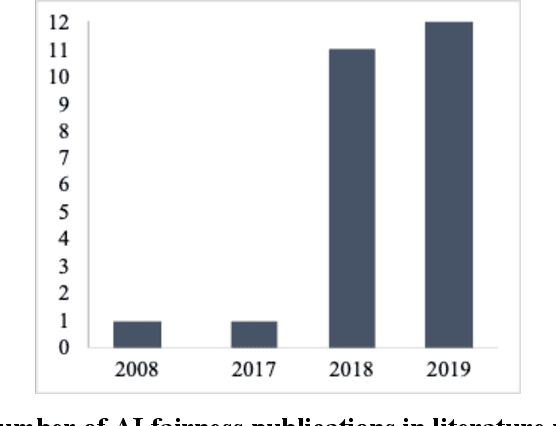
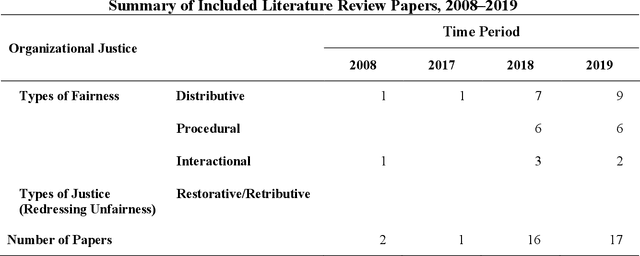
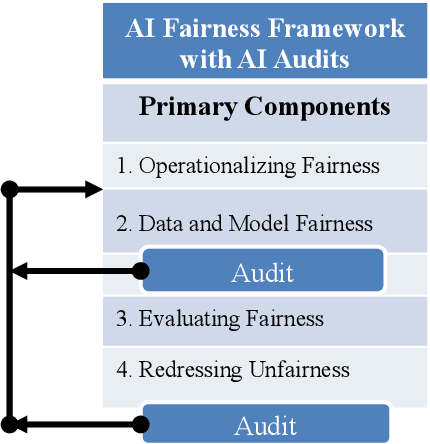
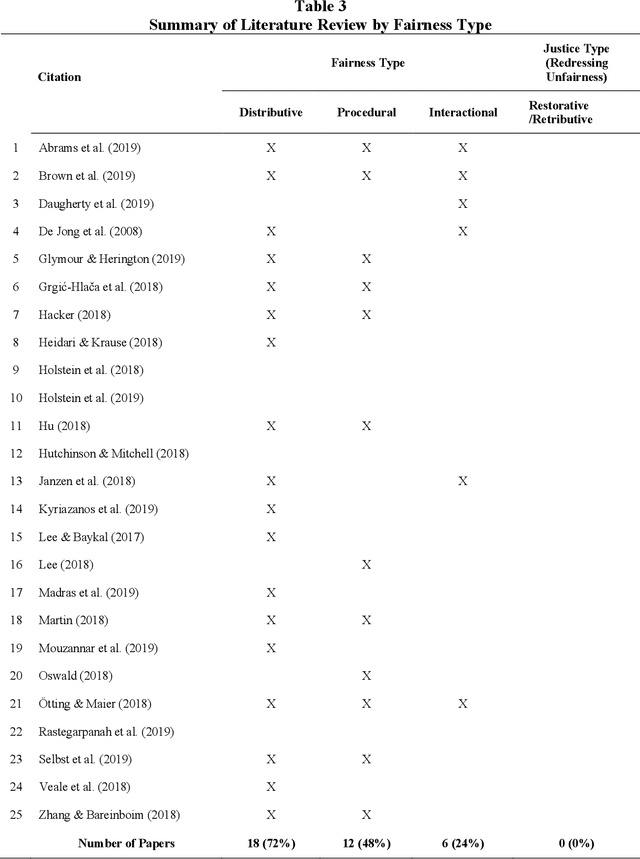
Abstract:Organizations are rapidly deploying artificial intelligence (AI) systems to manage their workers. However, AI has been found at times to be unfair to workers. Unfairness toward workers has been associated with decreased worker effort and increased worker turnover. To avoid such problems, AI systems must be designed to support fairness and redress instances of unfairness. Despite the attention related to AI unfairness, there has not been a theoretical and systematic approach to developing a design agenda. This paper addresses the issue in three ways. First, we introduce the organizational justice theory, three different fairness types (distributive, procedural, interactional), and the frameworks for redressing instances of unfairness (retributive justice, restorative justice). Second, we review the design literature that specifically focuses on issues of AI fairness in organizations. Third, we propose a design agenda for AI fairness in organizations that applies each of the fairness types to organizational scenarios. Then, the paper concludes with implications for future research.
A Review of Personality in Human Robot Interactions
Feb 05, 2020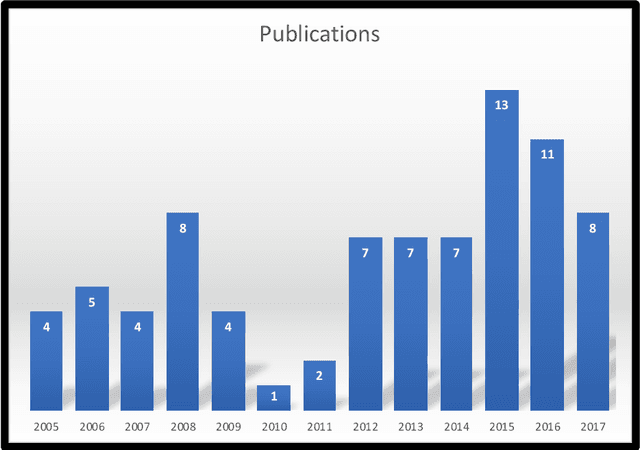
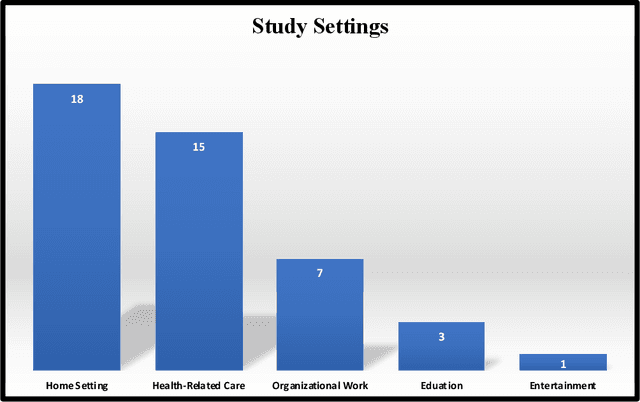
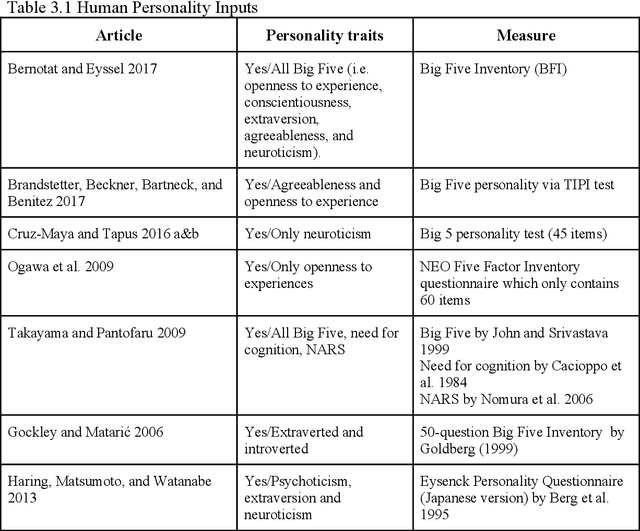
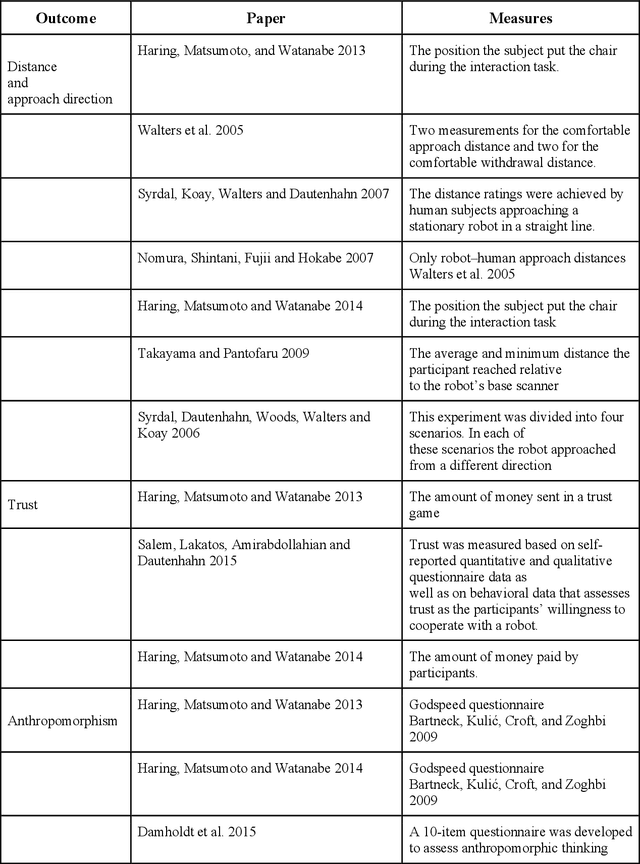
Abstract:Personality has been identified as a vital factor in understanding the quality of human robot interactions. Despite this the research in this area remains fragmented and lacks a coherent framework. This makes it difficult to understand what we know and identify what we do not. As a result our knowledge of personality in human robot interactions has not kept pace with the deployment of robots in organizations or in our broader society. To address this shortcoming, this paper reviews 83 articles and 84 separate studies to assess the current state of human robot personality research. This review: (1) highlights major thematic research areas, (2) identifies gaps in the literature, (3) derives and presents major conclusions from the literature and (4) offers guidance for future research.
 Add to Chrome
Add to Chrome Add to Firefox
Add to Firefox Add to Edge
Add to Edge